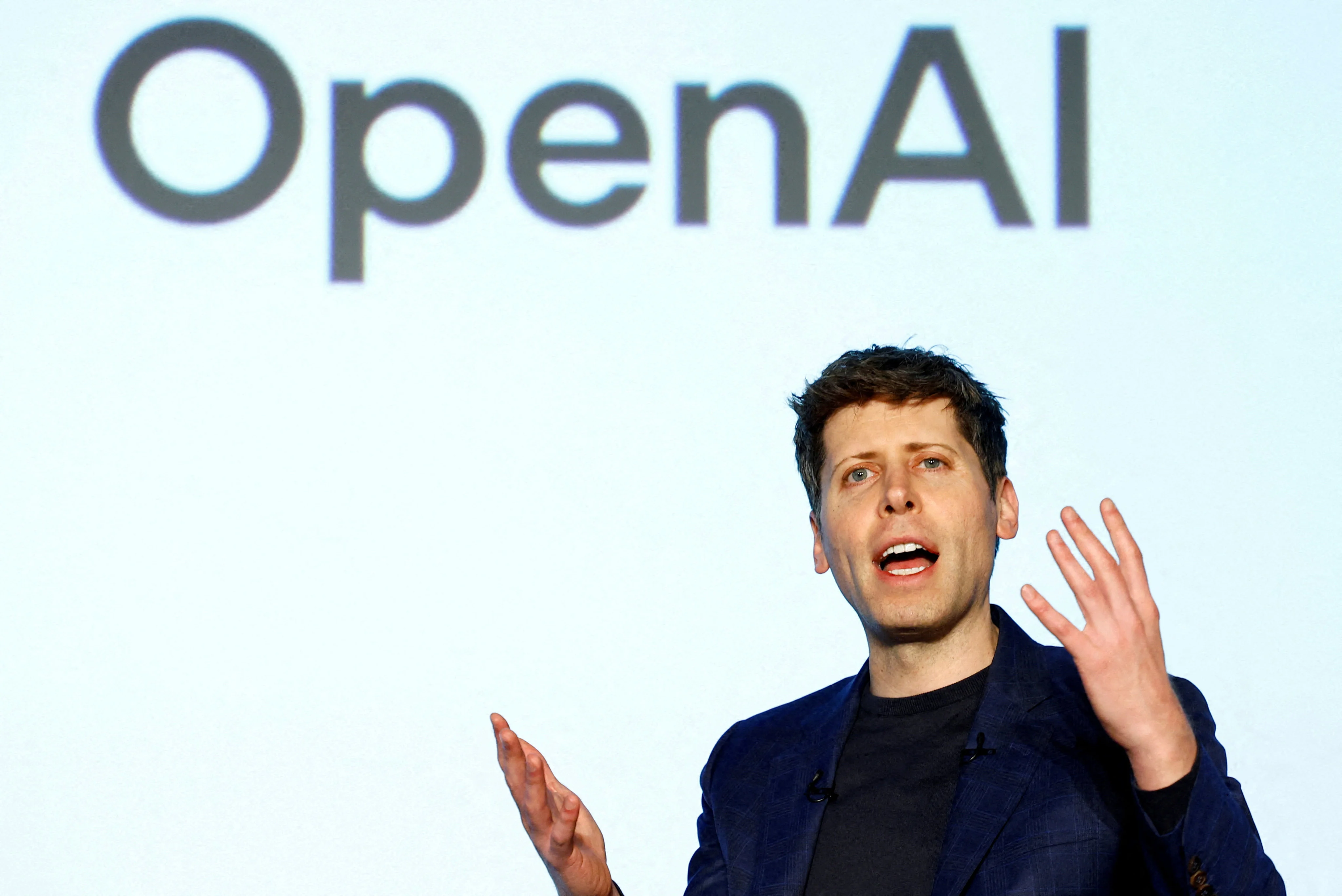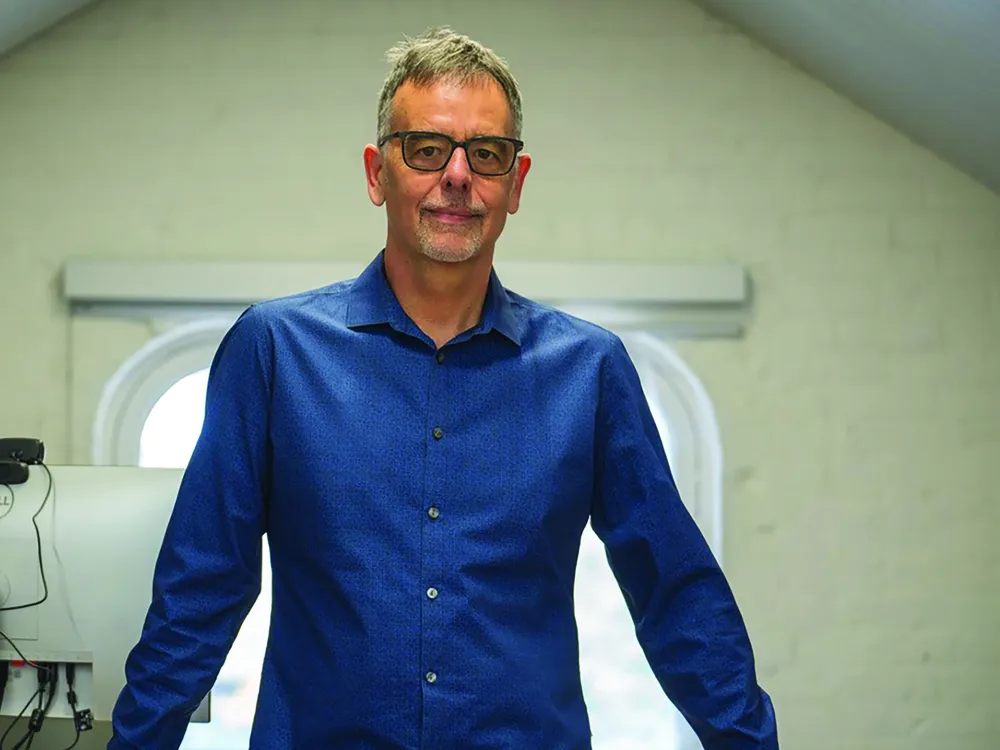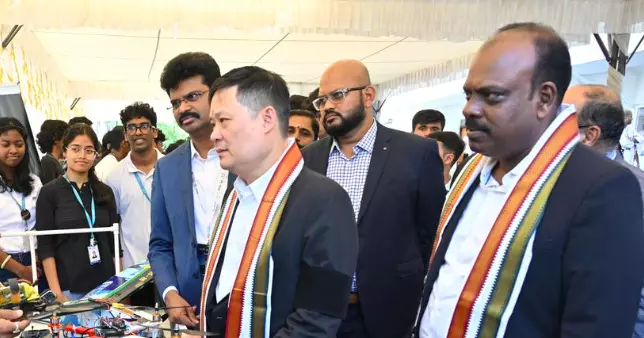Copyright scmp

OpenAI CEO Sam Altman pushed back at the idea that the company would seek federal guarantees to reduce the risk of its artificial intelligence infrastructure spending spree, one day after a top executive at the ChatGPT maker suggested there may be a role for the government to help finance the technology. “We do not have or want government guarantees for OpenAI data centres,” Altman wrote in a lengthy social media post on Thursday. “Taxpayers should not bail out companies that make bad business decisions or otherwise lose in the market.” Altman said OpenAI had only had discussions about “loan guarantees” about building semiconductor fabrication plants in the US, “where we and other companies have responded to the government’s call”. The US Chips Act set aside US$39 billion in grants, US$75 billion worth of loans and loan guarantees, and 25 per cent tax credits to spur investment in semiconductor factories on US soil. In his post, Altman added: “We did not formally apply.” OpenAI has committed to spend US$1.4 trillion on data centres and chips to build more advanced AI systems and support the broader adoption of the technology. The scale of those financial commitments has reignited concerns about an AI bubble, given OpenAI remains an unprofitable business. In an interview on Wednesday, OpenAI chief financial officer Sarah Friar said OpenAI was “looking for an ecosystem of banks [and] private equity” to support its ambitious plans. But she also hinted at a role for the US government to “backstop the guarantee that allows the financing to happen”, but did not elaborate on how this would work. The remarks quickly caught the attention of industry watchers, including White House AI and crypto tsar David Sacks. “There will be no federal bailout for AI,” Sacks posted on the social media site X on Thursday. “The US has at least 5 major frontier model companies. If one fails, others will take its place.” Asked for clarification on Wednesday, an OpenAI representative said Friar was speaking in the context of the broader AI industry. There was currently no immediate plan about OpenAI pursuing a federal backstop, the person said. Friar also sought to clarify her remarks later. “OpenAI is not seeking a government backstop for our infrastructure commitments,” she wrote in a LinkedIn post. “I used the word ‘backstop’ and it muddied the point.” In his post, Altman also said that it “might make sense” for governments to build their own AI infrastructure for public benefit and as part of that arrangement, “offtake” or consume a large amount of computing capacity, as well as “provide lower cost of capital to do so”. He did not explain how the government would provide that lower cost. Altman stressed that OpenAI’s business is growing fast enough to support its infrastructure spending plans over the coming years. He said that OpenAI expected to hit US$20 billion in “annualised revenue run rate” by the end of this year and “grow to hundreds of billions by 2030”. “We are looking at commitments of about US$1.4 trillion over the next 8 years,” he wrote. “Obviously this requires continued revenue growth, and each doubling is a lot of work! But we are feeling good about our prospects there.”



